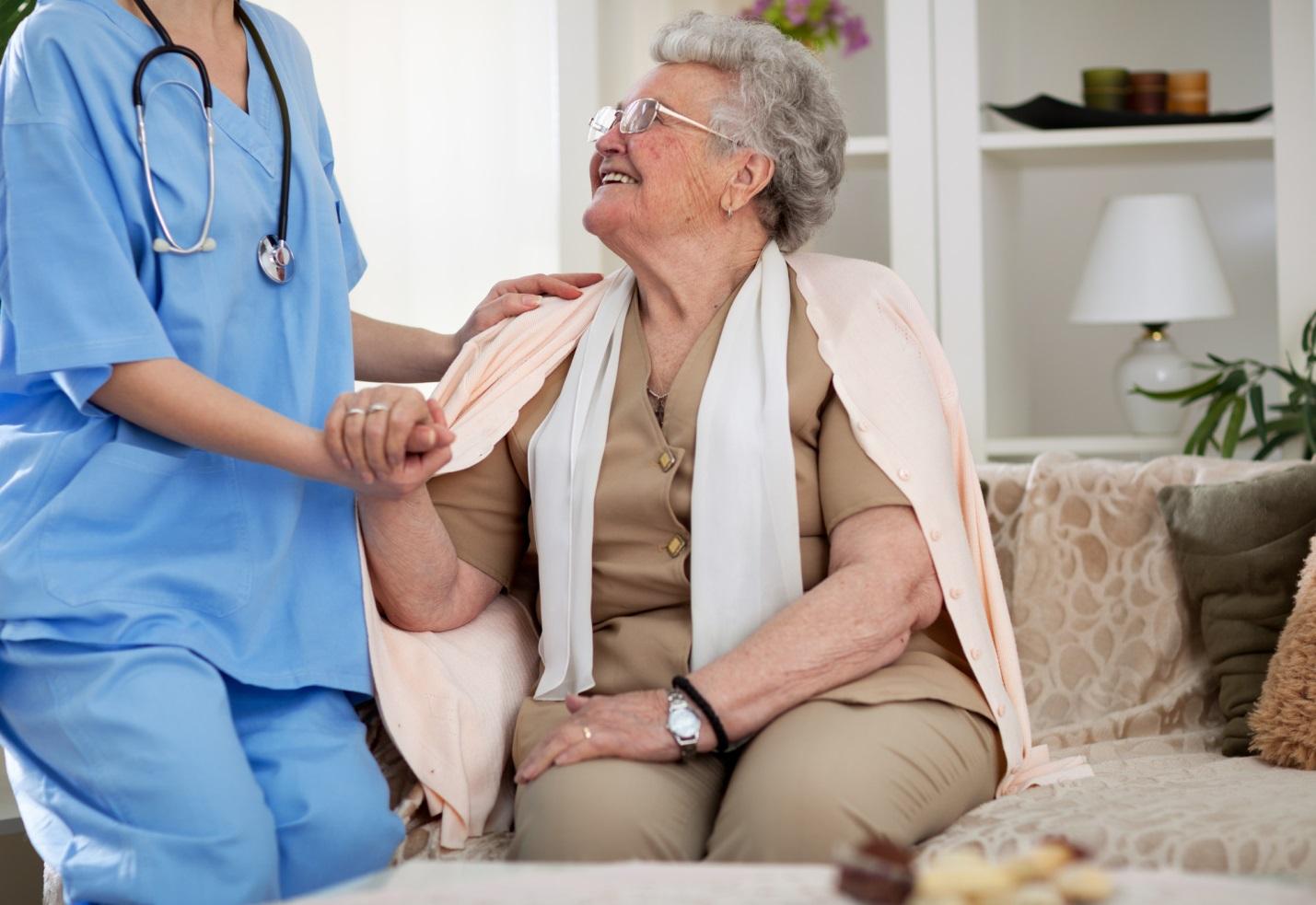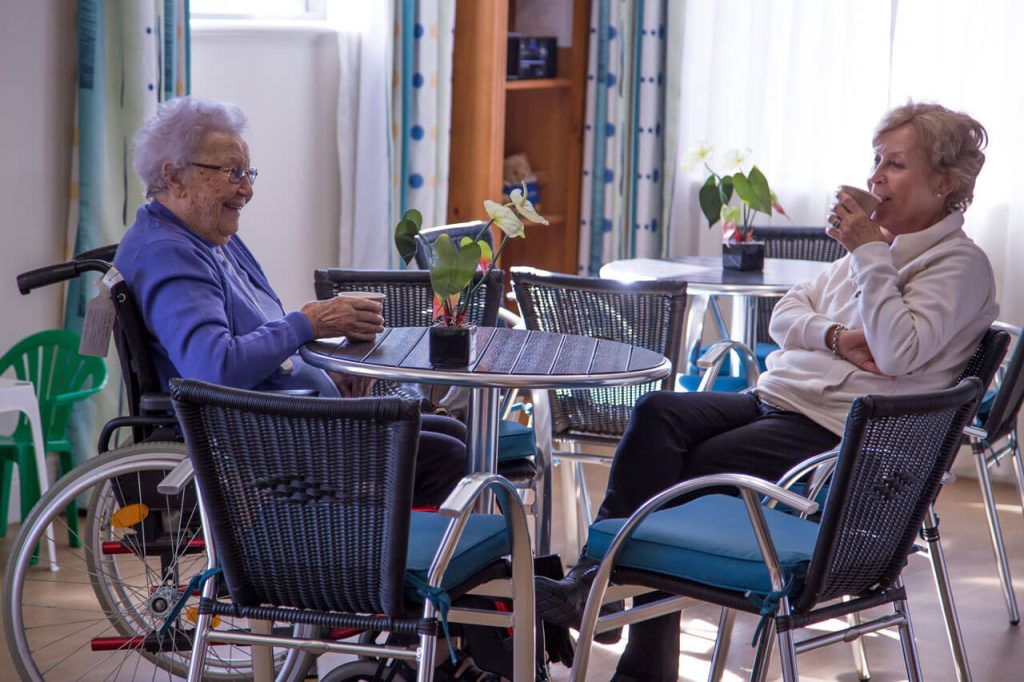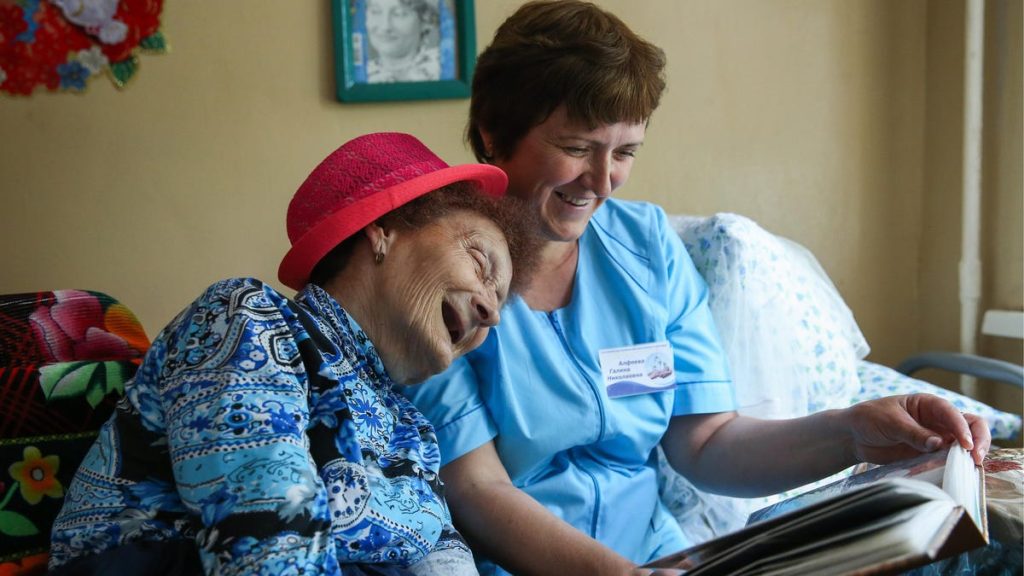Taking Care of Elderly People in Our Communities

Taking care of an elderly loved one can be overwhelming, but by giving them a purpose, you can help them feel better and fill their days with joy. There are several resources available to help you take care of an older loved one. In addition, there are ways to avoid getting depressed yourself while taking care of an older loved one.
Taking care of older people
Taking care of the elderly is an important aspect of aging. The elderly want to remain as independent and comfortable as possible, and being cared for like Wil Mac Living can help them do this. Whether they need help with tasks around the house or are simply lonely, caregivers can make a difference in their lives. They can provide companionship and support when needed, as well as sit down with them and talk with them.
Although most older people are happy to help out, the role of caregiving can be challenging. The elderly tend to have weaker body systems than younger people, making them susceptible to illnesses and conditions. They may develop diabetes, high blood pressure, or arthritis.

Resources available
Whether your family is caring for an aging parent or someone who is in need of assistance, there are many resources available to help you. You can find information on health and safety concerns, legal issues, and specialized care. You can even join a caregiver support group online.
Your local senior center is another excellent resource for information and assistance. They offer group trips and other activities. They may also be able to recommend local services and programs.
Getting help
The first place to start when seeking help for an elderly loved one is to ask around. Friends, neighbors, and family can offer referrals, and there are even organizations that provide assistance for older adults. You can also ask healthcare professionals for recommendations. These organizations often work with a variety of services, and their members can be a great source of referrals.
Some of these services include home healthcare and personal assistance. Depending on the needs of an individual, some services may be covered by insurance, while others may require payment out of pocket. Other types of help may include financial management and hospice care. Some programs also provide socialization and a break for the caregiver. Some programs are strictly social and offer limited health services, while others focus on helping those with disorders like early stage Alzheimer’s or dementia.
Avoiding depression

As a caregiver, you may experience feelings of sadness, resentment, and anxiety. You may also experience feelings of loneliness and hopelessness. Fortunately, there are many ways to avoid depression. You can seek caregiving support, participate in recreational activities, or participate in a personal project. Taking time to indulge in these activities may help you to break the cycle of a caregiver’s negative feelings and rekindle your energy.
Physical activity and regular exercise are proven ways to keep depression at bay. Even a simple walk outdoors can lift a person’s spirits. If physical limitations are a problem, chair exercises may be an excellent option. In addition to exercise, group activities provide the added benefit of social interaction.
Household help
There are many ways to provide household assistance for the elderly. Local drug stores and grocery stores can deliver items directly to your door, and there are many housekeeping services available. You can also find someone to do your laundry or pick up your dry-cleaning. You may even be able to find someone through friends or family.
Assisted living
Seniors can benefit from a wide range of assisted living services. Many of these programs offer assistance with daily tasks and access to medical care. In addition, many of these facilities offer emergency call systems in each resident’s living area. They also have staff members on hand to deal with unexpected situations. These services can bridge the gap between in-home care and family support.
Assisted living is expensive, but Medicaid can help pay for the cost. SSI payments can be accepted at many facilities, and many charge reduced rents. Additionally, the New York State Supplement Program (SSP) provides additional benefits to eligible residents, including a $25 personal needs allowance.


